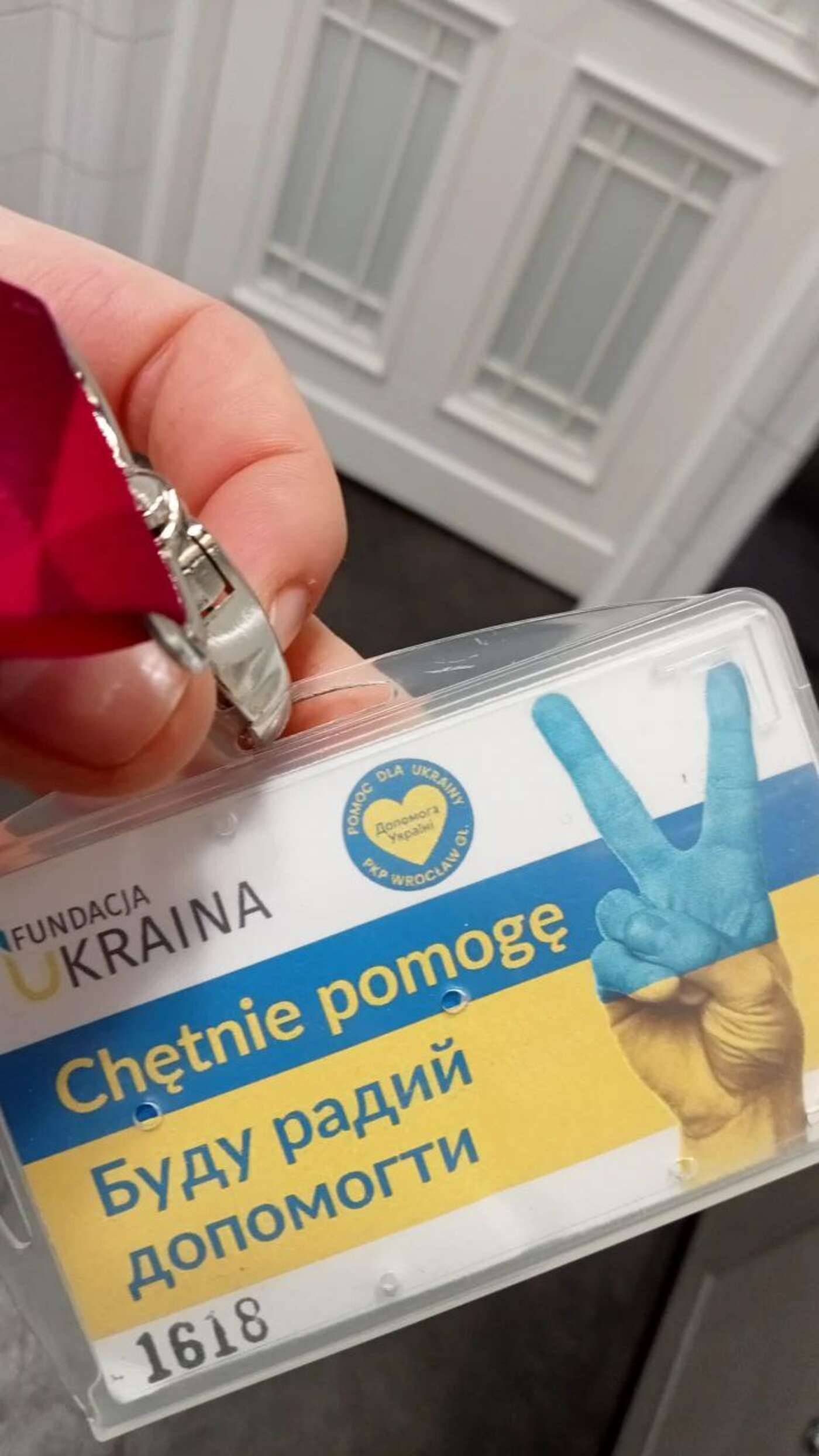Once a volunteer, always a volunteer.
When I was going to Germany for my voluntary year, my goal was quite simple - to live in a new country, to learn about its culture, to get an attractive supplement for my CV. But in 3 years after returning and rethinking this experience, I came to an incredible discovery - I can no longer stop being a volunteer. I asked my friends, ex-ESC volunteers, who are now helping Ukraine in its struggle for the right to be an independent European country, and it turned out that they could not stop being active as well. Why and in what it is shown? Right in this report.
My volunteer project lasted one year - I had lived in Magdeburg from 2018 to 2019, where organized and facilitated international youth exchanges, held evenings of Ukrainian culture and discussed a lot about values with European youth. I returned to Ukraine, where I found a full-time job and already have forgotten how to be socially active, but on February 24, 2022 a full-scale war broke out in my country and everything was remembered and needed again. From the first days, I reported sniper marks in my yard, was preparing food for the military and refugees. And when I evacuated to Poland, first thing which I did - I went to the volunteer station to help Ukrainians orient themselves in the new country and get the necessary information for the arrangement. It all seemed so natural and normal to me. I think it's because a year of volunteering has taught me that. In particular, because the words of the facilitator from my Midterm-evaluation meeting in Berlin, who told about the history of the ESC and the strategic mission of this program, are still in my head. After all, the European Solidarity Corps brings together young people to build a more inclusive society, supporting vulnerable people and responding to societal challenges. It offers an inspiring and empowering experience for young people who want to help, learn and develop. [1]
Hanna Herych, with whom we shared an apartment for volunteers in Magdeburg, also noticed this during our last conversations on this topic. Even before the war, she commented to the German media on the importance of supporting Ukraine. Since then, she has joined the media resistance on social networks. And she went to work at the Komunales Integrationszentrum in Frankfurt on the Oder.
She says: "At the beginning of the full-scale invasion of Ukraine, I felt very confused and broken, but volunteering helped me to control myself and to transform my inner pain, anger and guilt into something good. Together with friends, we searched for and delivered to Ukraine the most necessary medicines, made written translations from German into Ukrainian and vice versa. As part of this volunteering, I met some Ukrainians who had fled the war in Germany and helped them with bureaucratic issues such as finding housing, obtaining a residence permit, writing e-mails, and going to the doctor. In addition, together with the organization JU, to which I belong, we organized a screening of the Ukrainian film "Solovey Spivaye". I am glad to have the opportunity to help my homeland from Germany and thus contribute to our future victory. ”
After this conversation, I decided to test my hypothesis that the experience of participating in the ESC really leaves a significant mark again and went with this thesis to my friend Inna Rakhmistryuk, who volunteered in Spain.
This girl is currently working as a coach for young teachers in the Teach for Ukraine program and is contributing to the future of Ukrainian education. With her support, active young teachers teach in various Ukrainian villages and thus provide children with equal access to quality education. And her volunteer project at ESC was related to education.
Inna says that even if working for Teach for Ukraine is not volunteering, but a permanent job, the contacts, values and skills she has acquired in Spain are inextricably linked to what she is doing now. And I added about this in my mind: "In the conditions of war, when Ukrainian education faced many challenges and when so many things depend on personal motivation."
Is it possible to draw any conclusions from all these stories? The ESC is working. Former ESC volunteers know how to be useful to the world. And through them, the program can change more than one life.
[1] https://europa.eu/youth/solidarity/mission_is
Further articles
- European Solidarity Corps: How the impact of the program reveals in difficult times
- 5 life rules for millennials
- Happy flatmates: how to live peacefully with strangers
- Nonviolent communication: the path to peaceful coexistence with others
- «A fresh start»: How to organize your life while volunteering abroad



 Ukraine
Ukraine